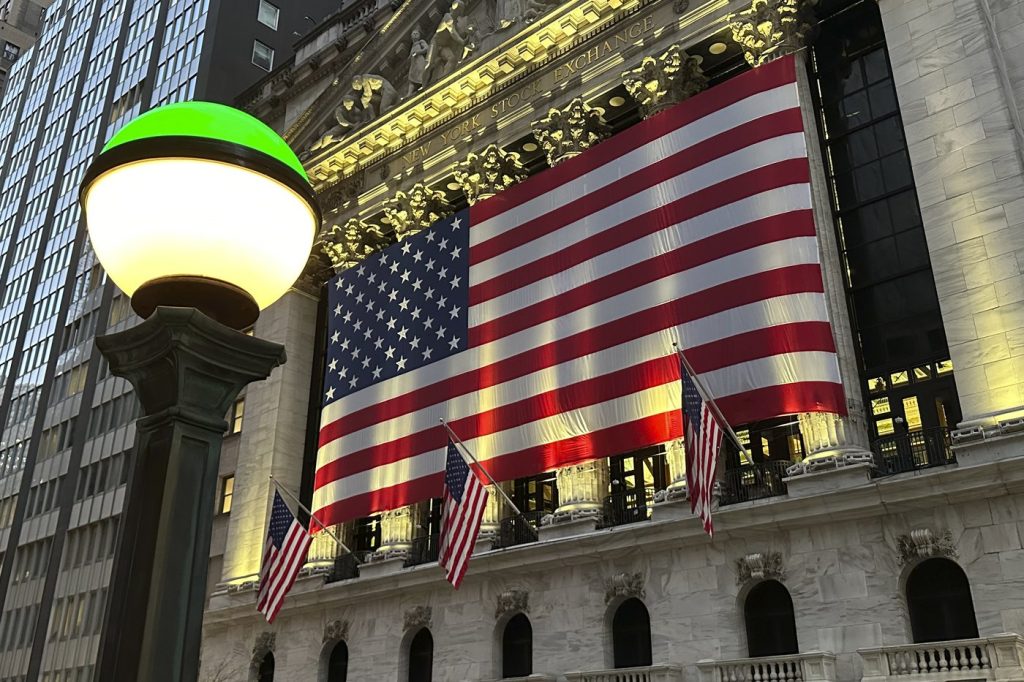Asian stock markets experienced a positive upswing on Friday, buoyed by a near-record rally in U.S. stocks. Investors seemed undeterred by U.S. President Donald Trump's recent tariff threats, focusing instead on more favorable market conditions. In Hong Kong, the Hang Seng index saw a significant increase of 2.24%, closing at 22,303.80. Similarly, the Shanghai Composite climbed by 0.25% to reach 3,340.95. In contrast, the Nikkei 225 in Japan slipped by 0.43%, finishing at 39,292.74. Additionally, Australia’s S&P/ASX 200 rose by 0.34% to settle at 8,569.10, while South Korea's KOSPI advanced by 0.63% to 2,599.43.
Market strategist Yeap Jun Rong commented on the prevailing positive sentiment in the region, highlighting "much tailwinds for risk sentiments." He noted the positive handover from Wall Street, a weaker U.S. dollar, and lower Treasury yields as significant factors contributing to the optimistic outlook.
Technology stocks in China, particularly those listed on the Hong Kong stock exchange, showed robust performance with major firms such as Tencent, Xiaomi, and Meituan all experiencing gains of over 4%. The renewed interest in Chinese technology firms has been largely attributed to the recent release of an artificial intelligence model by DeepSeek, which competes with models from OpenAI and is designed to operate on more affordable hardware. Notably, in recent weeks, companies like Alibaba have also unveiled new versions of their AI models. Baidu announced that its AI chatbot, Ernie Bot, would be available for free to the public, further amplifying excitement in the sector.
The surge in U.S. stocks on Thursday played a pivotal role in shaping the day's trading. The S&P 500 recorded a 1% increase, coming within 0.1% of its all-time high reached the previous month. The Dow Jones Industrial Average rose by 342 points, or 0.8%, while the Nasdaq composite jumped 1.5%. This upward momentum followed reports from Washington indicating that reciprocal tariffs would take time to implement, alleviating some immediate concerns among investors.
In the energy sector, benchmark U.S. crude saw a slight increase, adding seven cents to reach $71.36 a barrel. The international standard, Brent crude, rose by 17 cents, settling at $75.19 a barrel.
Meanwhile, in currency trading, the U.S. dollar held steady at approximately 152.88 Japanese yen. The euro also remained stable, priced at $1.0459. Overall, the developments in both stock and currency markets reflected a cautiously optimistic sentiment among investors, despite the underlying economic uncertainties.
In summary, the Asian markets showcased an encouraging trend, underscoring the resilience of the region's investors in the face of geopolitical tensions. With technological advancements igniting interest in Chinese stocks and favorable trading conditions stemming from U.S. market performance, the outlook for Asian equities appears positive.










